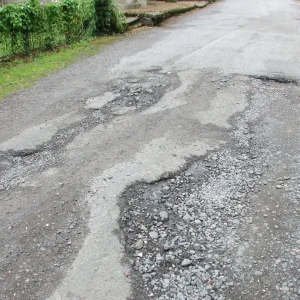Vehicle manufacturers and the motor insurance industry are appealing to the Government to introduce measures to increase the take-up of autonomous emergency braking systems (AEBs) in cars.
Insurance research body Thatcham has lobbied the Government to introduce a cash incentive, similar to the existing electric vehicle grant, to anyone who specifies the system (that automatically applies the brakes when an oncoming collision is identified) when buying a new vehicle.
A spokesperson for Thatcham told BusinessCar: “We have submitted the initiative to the treasury and it’s about introducing a cashback incentive.
“The cost of fitting [an AEB system] is about £1000. You can get AEB for as little as about £200 on a Ford Fiesta, for example, but we’ve averaged it out at about £1000 [as a fitted option].
“We’re proposing that the Government meet the motorist halfway and provide an incentive of £500. We went to Parliament for a breakfast meeting at the end of March and since then we’ve been waiting to hear back from the Treasury on their consideration.”
Exact details of how the reimbursement would happen have yet to be confirmed, but Thatcham’s representative said it was likely to be “similar to [the] scrappage [scheme] or the EV grant.”
He added: “We’ve been very keen to get fleets on board with it. That would be one of the quickest ways to get [the technology] up and running.”
Car manufacturers have also joined the appeal. Speaking to BusinessCar, Nick Higgs, brand manager at Toyota, said: “The issue at the moment is that the insurance companies can’t actually see [when AEB has been fitted as an option].
“When you give them a registration, they can identify what grade [the vehicle] is, but not what options are fitted. We’re lobbying to try and change that.
“It’s much easier to say, ‘if you select this option, it will cost you this much but you’ll save X.'”
Higgs said that the crash test authority Euro NCAP had plans to introduce a “two-tier” system that would assess a vehicle’s safety performance with and without an AEB system and provide scores for each one respectively.
“It’s so they can say, ‘if it has [an AEB system], it gets four stars, without it, it has three,’ for example,” said Higgs.
Euro NCAP did not respond to BusinessCar’s requests for comment on this issue.
At present, vehicles fitted with AEBs as standard receive lower insurance premiums, but vehicles that are made available with the systems as options do not receive such discounts even when they are fitted at an extra cost.





